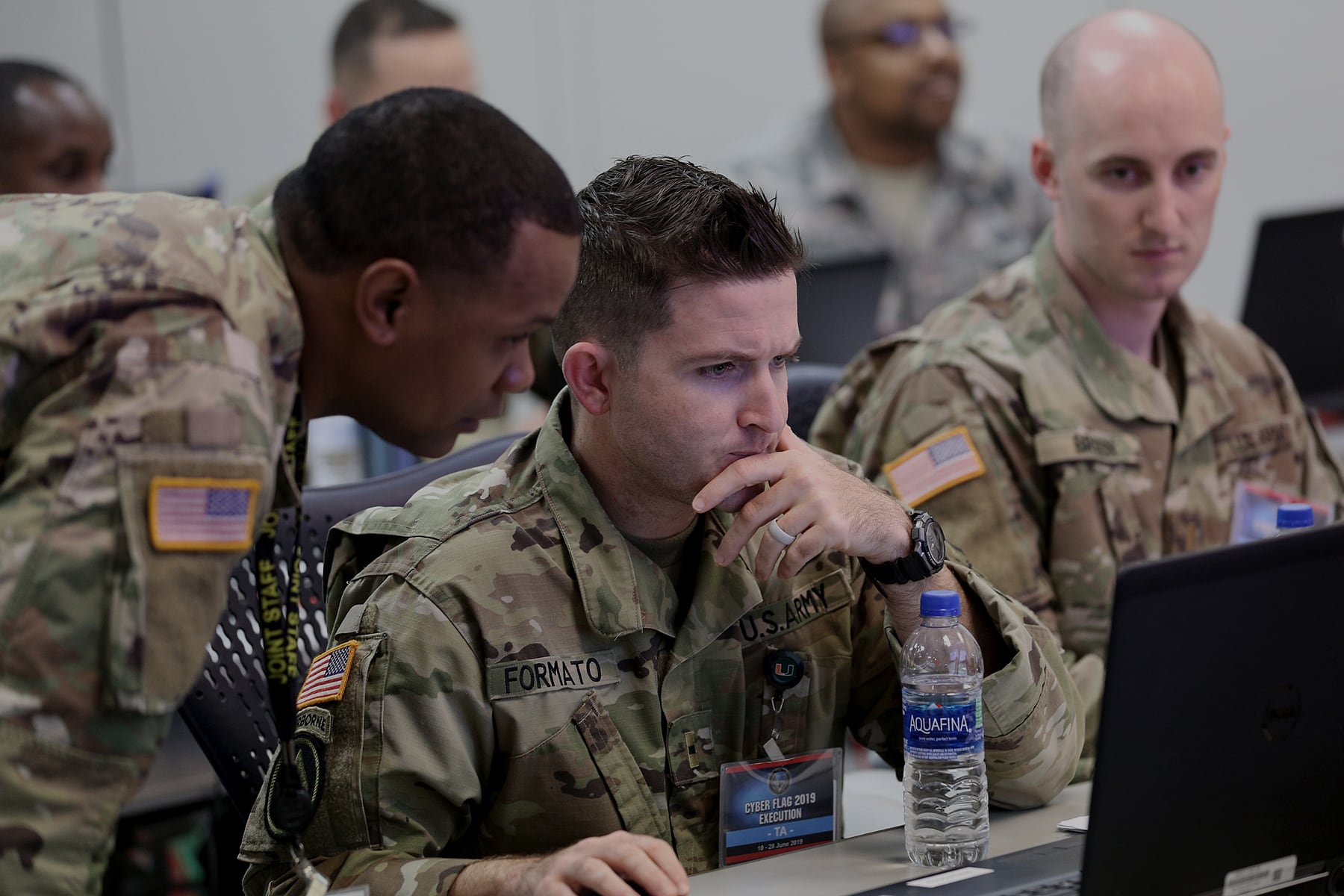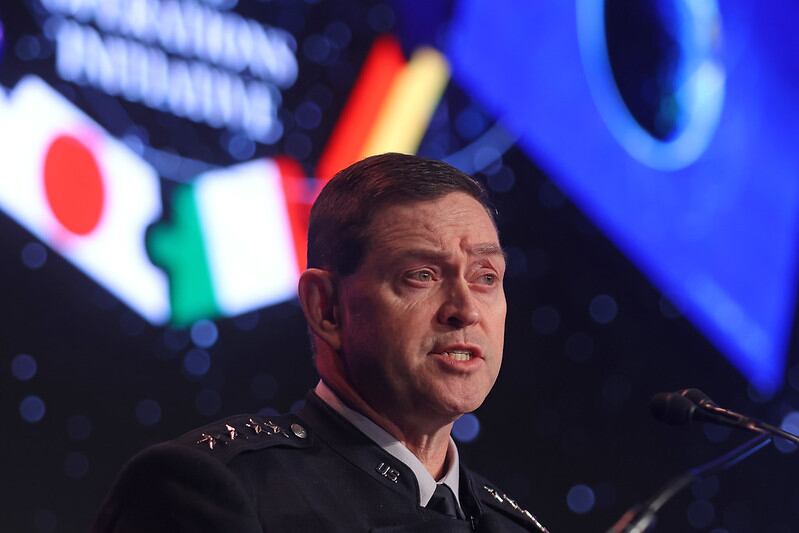The Senate Armed Services Committee is concerned there isn’t sufficient oversight over U.S. Cyber Command’s capability and platform development.
In the report accompanying the committee’s markup of the annual defense policy bill, it articulates issues with the command’s Joint Cyber Warfighting Architecture, or JCWA, which guides capability development priorities.
The architecture is broken into five categories:
- Common firing platforms to be used at the four cyber operating locations of the service cyber components. These platforms will be worked into a comprehensive suite of cyber tools.
- Unified Platform, which will integrate and analyze data from offensive and defensive operations with partners.
- Joint command-and-control mechanisms for situational awareness and battle management at the strategic, operational and tactical levels.
- Sensors that support defense of the network and drive operational decisions.
- The Persistent Cyber Training Environment, which will provide individual and collective training as well as a way to rehearse for a mission.
“The committee is concerned that there is not adequate oversight and coordination of the JCWA component program offices and believes that deliberate oversight must be exercised to ensure that acquisition priorities and objectives are aligned to Cyber Command mission needs,” the language stated. “Furthermore, the lack of overall systems engineering and systems integration authorities and competencies for the JCWA as a whole are inconsistent with sound systems acquisition practice.”
In part, the committee’s concern stems from the fact that the military branches individually serve as executive agents to a number of these programs and initiatives. For example, the Army is running the Persistent Cyber Training Environment, and the Air Force is running Unified Platform as well as Joint Cyber Command and Control.
As a result, the panel is directing the principal cyber advisor to develop a governance plan for coordination and oversight of the architecture by Dec. 1, 2020. The advisor is to work in cooperation with the undersecretary of defense for acquisition and sustainment, the chief information officer, the head of Cyber Command, and the vice chairman of the Joint Chiefs of Staff.
The committee wants the governance plan to include a structure and process to enable the proper integration of the JCWA components as a functional system of systems that can adapt to cyber mission needs.
It also wants the plan to have a mechanism that ensures the JCWA component program offices are responsive to the needs of the joint cyber force represented by Cyber Command.
In addition, the committee has also zeroed in on how Cyber Command conducts its cyber operations.
Mark Pomerleau is a reporter for C4ISRNET, covering information warfare and cyberspace.








